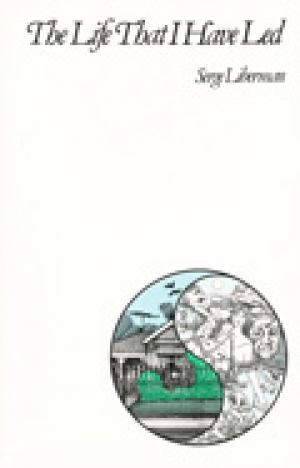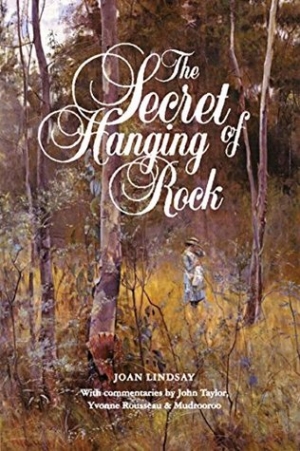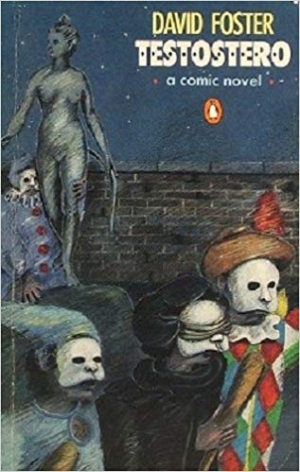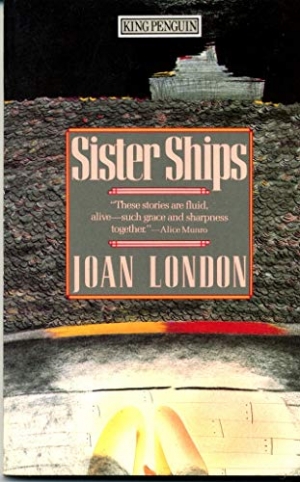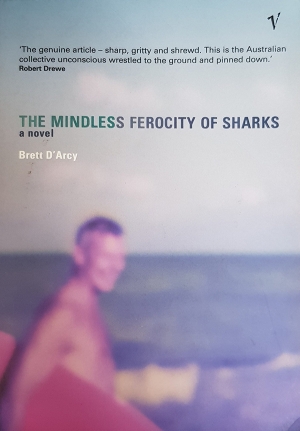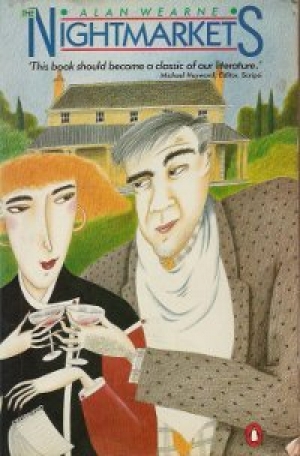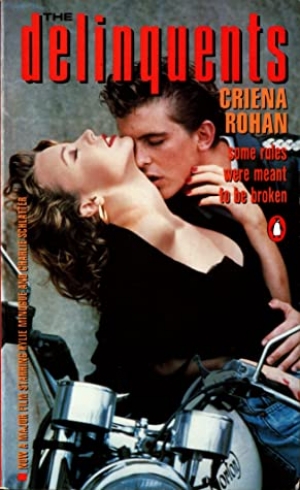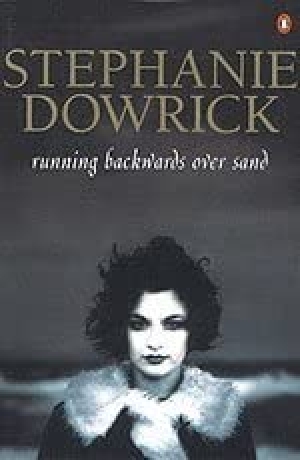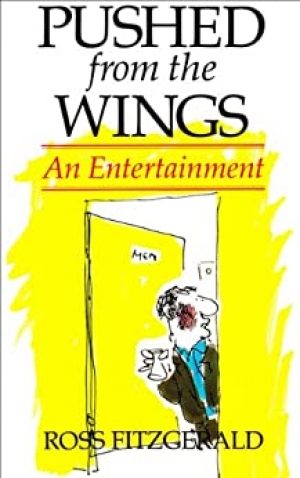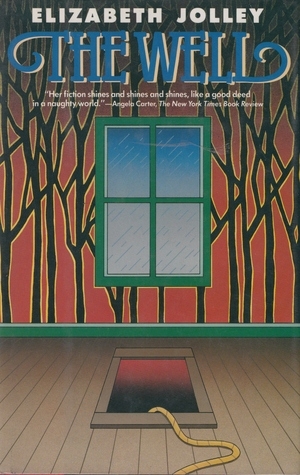Fiction
Serge Liberman is that unfashionable thing, a committed writer. Not committed to a party-line, of course, but to a literature of engagement with humanity. A parable that seems to illustrate his view of the artist’s role is provided by a story entitled ‘The Poet Walks Along High Street’. The poet, Gabriel Singer, walks along a street pointed towards ‘Erehwon Creek’, peopled by allegorically named figures.
... (read more)More than anything else, The Secret of Hanging Rock is an exercise in marketing strategies and packaging. The real question, what happened to the girls, is in the midst of this finally of little importance, although it could have been very important. Indeed, the final, previously unpublished chapter of Picnic at Hanging Rock is only one of four pieces of writing in the publishers’ package, each of which tries to be as important as the next.
... (read more)David Foster is obsessed with opposites. He likes to play polarities of place and value against each other: in The Pure Land he contrasted Katoomba and Philadelphia, the sentimental and the intellectual; in Plumbum he put Canberra against Calcutta, the rational against the spiritual. At a talk in Canberra several years ago, he commented that it was the symmetry of the words Canberra and Calcutta that attracted him to the idea of the cities as polarities. Words themselves invite Foster to play games with meaning and suggestion, and he finds an endless source of absurdity in the gap between actuality and the words chosen to label it.
... (read more)Fiction which is well-choreographed is difficult to resist. Joan London’s first collection of short stories, Sister Ships, is a dancerly go at mimesis; poised, unerring, it keeps its promises. And to run the tautological line between ‘literature’ and life, as all writing must, reminds us of the possibility for faux pas as well as the pas de deux; in one instance, an amnesia as to what has already been said, and in the other, stories which are so gracefully designed that they can say the same thing twice, or more, and we remember and witness such repetitions with pleasure.
... (read more)Peter Pierce reviews 'The Mindless Ferocity of Sharks' by Brett D’Arcy
Brett D’Arcy’s novel, arrestingly titled The Mindless Ferocity of Sharks, is one of the most unusual and accomplished to be published in Australia for years. The setting is a decaying town called the Bay on the coast of Western Australia, south of Perth. Its abattoir and tanneries have long since closed. The locals are sufficiently hostile to have fended off development – so far. They endure the summer invasion of the ‘townies’ who come for the great surfing. During the rest of the year, they enjoy it without interruption.
... (read more)In the early seventies, the rock band Skyhooks asked ‘Whatever happened to the revolution?’ They answered themselves in the next line: ‘We all got stoned and it drifted away.’
... (read more)Christina Thompson reviews 'The Delinquents' and 'Down by the Dockside' by Criena Rohan
Given the appetite of the literary industry, it’s hard to believe that a good thing can go unnoticed for long. But it happens. Occasionally the manuscript of an unheard-of author, or the out-of-print book of a forgotten one, finds its way into the hands of an influential member of the literary establishment – and from there to the rest of us. It’s a big event. Not only does it lend credibility to the old Shakespeare’s sister story (or one of its variants), but it indicates that, even in this over-determined world, it is still possible to be surprised.
... (read more)David Matthews reviews 'Running Backwards Over Sand' by Stephanie Dowrick
With her first novel (published in 1985 and now available in paperback), publisher and writer Stephanie Dowrick has created a long and uneven though often absorbing work, tracing the life of Zoë Delighty from birth to mature womanhood. It is a testament to the heroine’s survival of the vicissitudes of her active life, and her struggle to counter the malign influences of her girlhood which dog her through her attempts to engage herself creatively in life.
... (read more)Paul Marriott reviews 'Pushed from the Wings: An entertainment' by Ross Fitzgerald (illustrated by Alan Moir)
By the time I was 35, I’d spent fifteen years as a student and teacher in universities. I was scornful of those who sneered at ‘Sheltered Workshops’ – a fashionable putdown in the early 70s; at the same time, I mocked Zelman Cowan’s observation – when playing stag at bay and asserting that he really was au fait with academia – that ‘I have spent all my adult life in universities’. But they are real places.
... (read more)A common approach when talking about women writers is to outline the scope of their work, preferably to demonstrate and affirm its versatility and, implicitly, its value. There’s no doubt that Helen Garner, for example, has suffered under critics’ and reviewers’ insistence that her work deals only with a ...
... (read more)
